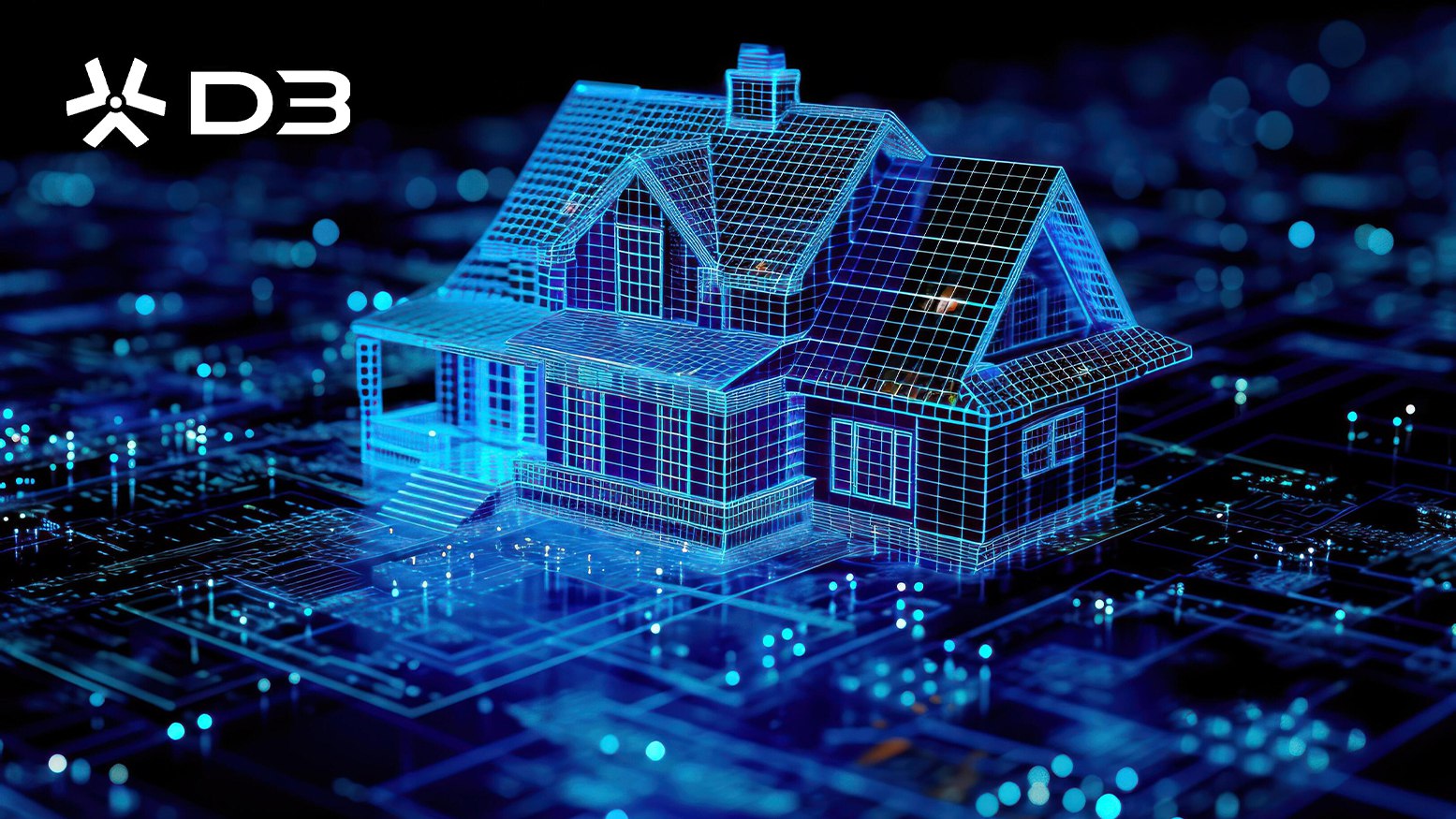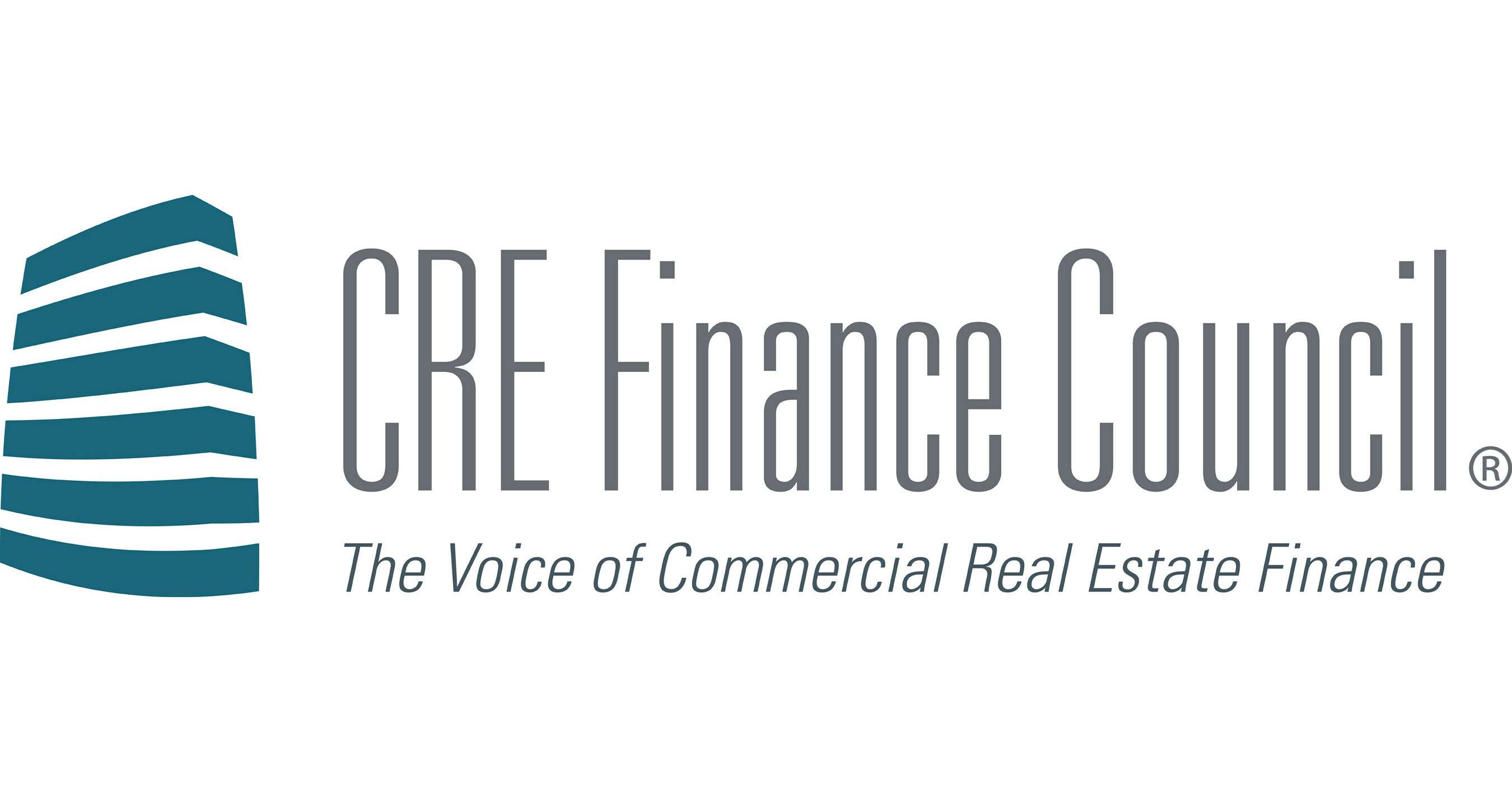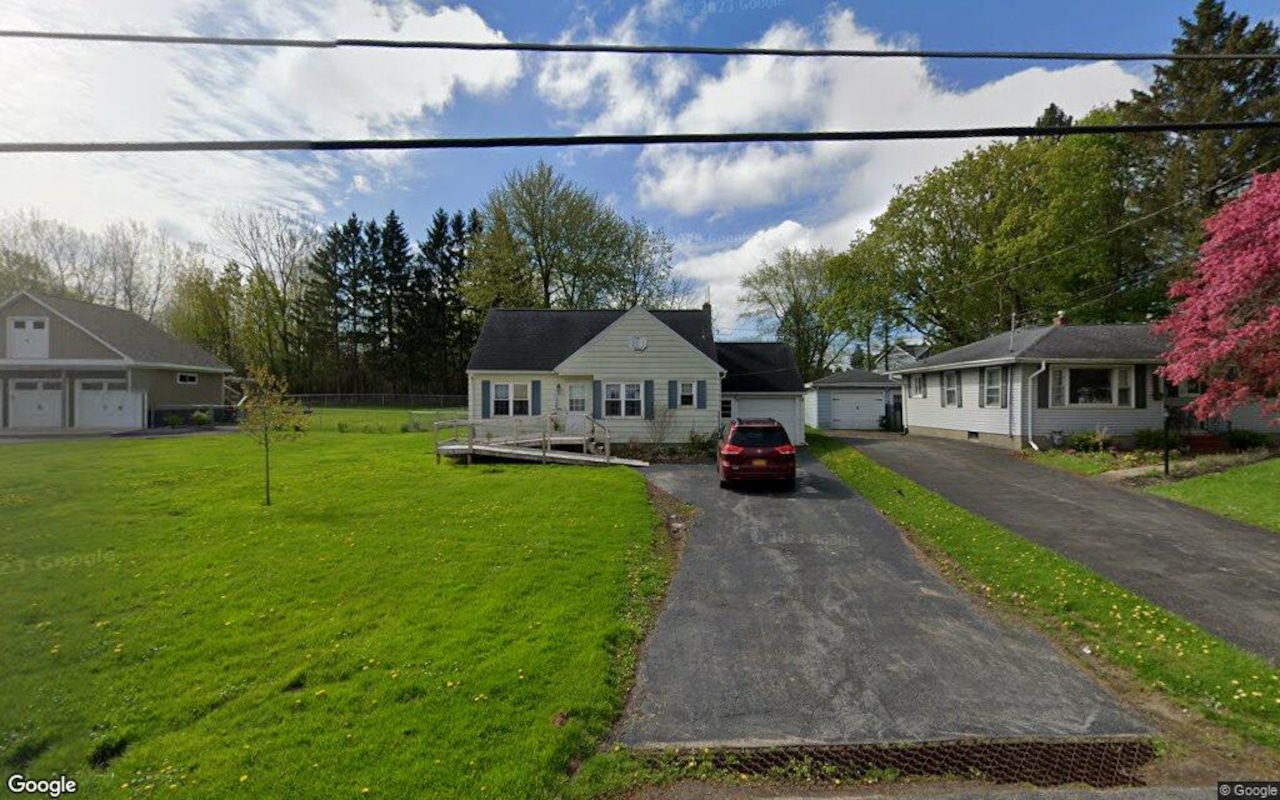T
he $360 billion domain industry is at a crossroads. Premium digital real estate, like the $25 million chat.com, sits idle due to artificial capital barriers, stifling innovation and limiting access to entrepreneurs who could build meaningful businesses on these domains. The current ownership model, where a small group controls valuable domains, is reminiscent of feudal estates. This concentration kills innovation as those with capital rarely have the vision to build something meaningful.
The problem is not new; commercial real estate faced similar issues before REITs enabled fractional ownership, making assets productive and liquid. Domain markets face identical problems, but with higher barriers. Premium domains offer no flexibility, requiring millions in cash or mediocre domains that limit potential. Even Web3 failed to solve this by creating new registration methods without addressing the fundamental liquidity problem.
Fractionalization enables community ownership structures that align incentives properly, allowing token holders to participate in governance decisions and benefit from productive use of domains. This approach extends beyond trading, serving as DeFi collateral, governance mechanisms, or programmable assets that unlock business models around premium internet real estate.
Critics argue that fractionalization complicates ownership unnecessarily, but this criticism has been applied to every financial innovation throughout history. Technical complexity and regulatory uncertainty don't justify inaction, as real-world asset tokenization has already solved these problems for other asset classes.
The domain industry must evolve or risk irrelevance. Successful domain fractionalization requires specific features that prioritize utility over speculation, such as on-chain custody, cross-chain liquidity, and customizable governance. The goal is to create domains that function like programmable real estate with public market liquidity and DAO governance flexibility.
Artificial fractionalization through platforms like Masterworks has proven that valuable assets become more liquid and accessible when ownership barriers decrease. Domains represent the next logical step in this evolution, generating measurable business utility through traffic, brand recognition, and commercial development opportunities.
The economic impact could be massive if premium domains are used productively rather than held speculatively. The domain industry faces an existential decision: continue operating like a medieval land registry or evolve into a functional market that enables productive collaboration around valuable digital assets.















